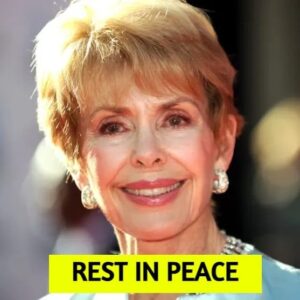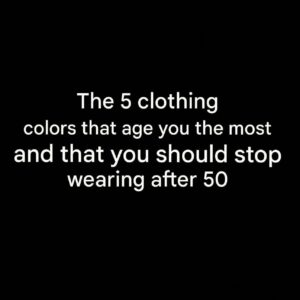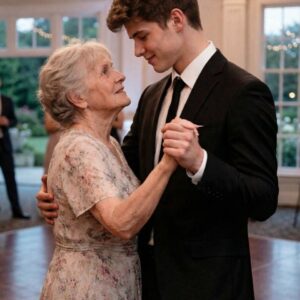After more than a decade as the trusted face of “NBC Nightly News,” veteran journalist Lester Holt signed off with a message so understated, yet deeply emotional, that it left millions of viewers quietly overwhelmed. There was no glitzy montage, no fanfare. Just Holt, seated at the familiar desk, speaking directly and sincerely to the audience he has welcomed into his life—and living rooms across America—night after night.
“This is my final broadcast,” he said calmly, opening the May 30th episode. “From Paris to Tokyo, Uvalde to Ukraine, the greatest generation to the wild blue yonder, the news we’ve covered, the people we’ve met and the stories we’ve told. Your stories.” With these words, Holt encapsulated ten years of reporting the world’s most seismic events with grace, clarity, and compassion. But the most unforgettable part of the evening came not from what he recounted—but from what he revealed.
Before delivering his signature closing line, Holt paused briefly, his voice tinged with emotion. “Before I go, there’s something I’ve never really talked about,” he said, the studio falling into a weighted silence. “Throughout all these years, in the hardest of stories—tragedies, disasters, heartbreak—I carried a photo in my jacket pocket. It was of my late father. A quiet reminder of where I came from, and the values he instilled in me: truth, humility, and never forgetting the human behind the headline.”
Viewers were stunned. It was a personal, deeply human revelation that broke through the expected polish of nightly news. Many had long admired Holt’s professionalism, but this single, unguarded confession resonated on an entirely different level. In an industry often criticized for its detachment, Holt’s vulnerability reminded audiences why he remained one of the most respected journalists of his generation.
While Holt had announced his departure months earlier, explaining his decision to focus more fully on investigative projects through “Dateline NBC,” few expected such a soft-spoken send-off. The 66-year-old anchor emphasized a desire to return to his roots in long-form storytelling, diving deeper into the complex, nuanced narratives that mainstream broadcasts often don’t have time to explore. “It didn’t come without sacrifice,” his son Stefan Holt noted in a touching tribute shared by NBC Chicago. “But it was always worth it.”

In a heartfelt video posted on Instagram, Stefan—himself a respected anchor—addressed his father directly: “Thank you, from the bottom of my heart, not only for being the kind of father every kid hopes for, but for being the kind of mentor every journalist dreams of.” He recounted childhood memories at 30 Rock, tagging along behind the scenes, learning what integrity in journalism looked like—not through lectures, but by watching his father lead by example.
The tribute added yet another layer of emotion to an already powerful evening. For many longtime viewers, the Holt family’s moment felt like the culmination of a bond forged not just through headlines, but through years of shared experience, trust, and mutual respect. It was less about saying goodbye to a newscaster and more about honoring a relationship built over time.
In his final words, Holt reminded his audience why journalism still matters: “Around here, facts matter, words matter, journalism matters—and you matter.” He acknowledged the darkness of the past decade—the pandemic, mass shootings, political unrest—but also the light: stories of resilience, moments that made us laugh, and the shared belief that telling the truth still has the power to heal.

As he closed the show with his signature warmth, he said, “Please continue to take care of yourself and each other, and I’ll do the same.” With that, Lester Holt left the chair, the studio lights dimmed, and a legacy of integrity quietly echoed across the country.
But it is the image of that photo—tucked away in his jacket, a private talisman carried through wars, elections, and every breaking news cycle—that will remain in the hearts of many. In the end, Lester Holt didn’t just deliver the news. He lived it, carried it, and reminded us that behind every headline is a human story worth telling—and worth telling right.






